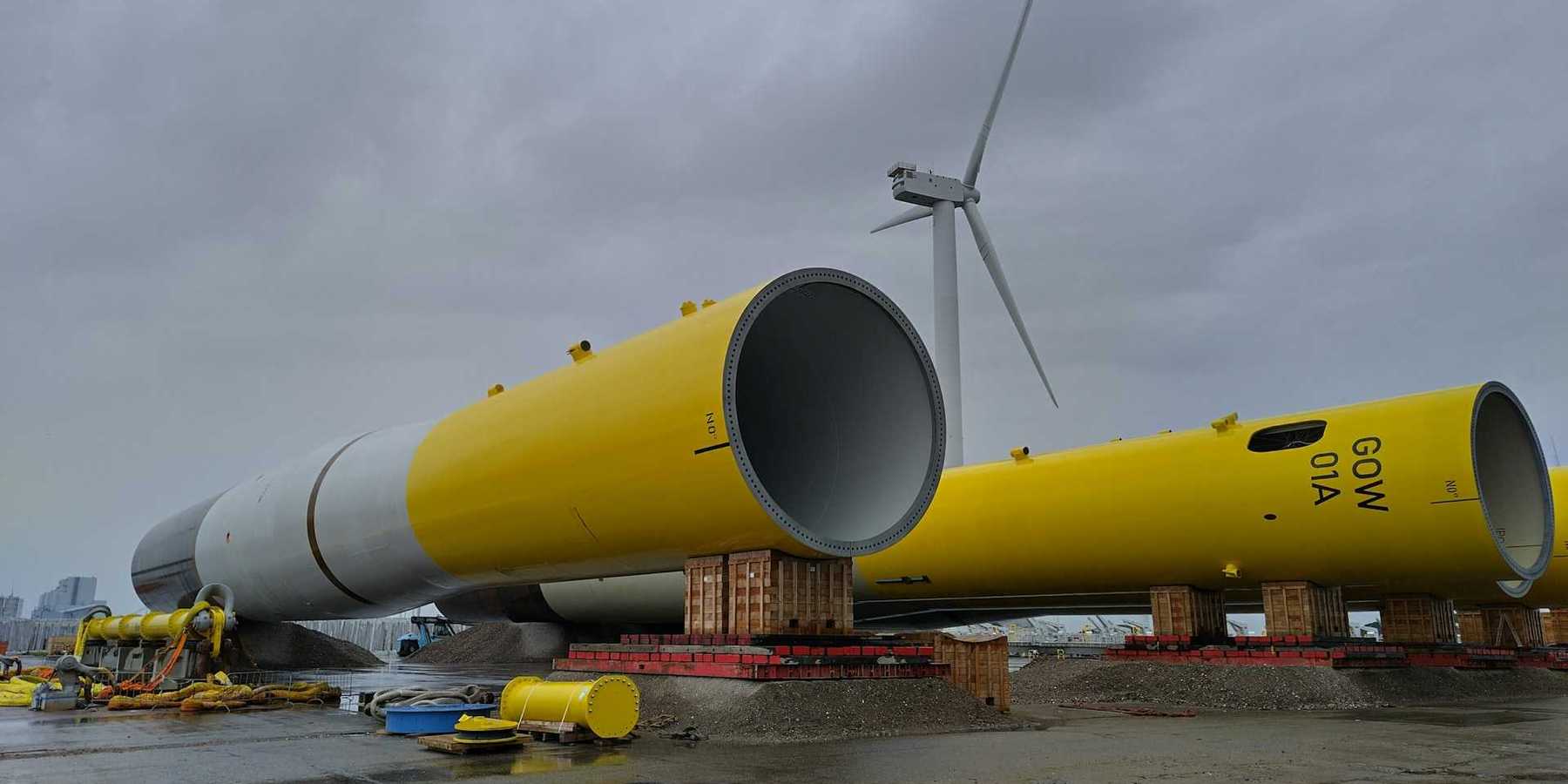Trump leans on coal revival promises to energize West Virginia communities
President Donald Trump's latest push to revive the coal industry by loosening regulations and encouraging new mining projects has sparked hope among many West Virginians, though experts caution the industry's economic decline may be irreversible.
Leah Willingham and John Raby report for The Associated Press.
In short:
- Trump issued executive orders this month to expand coal mining on federal land and weaken emissions standards, renewing hope among many in West Virginia's coal country.
- Economists and energy experts argue that market forces — not regulations — are driving coal's decline, and that deregulation is unlikely to reverse the trend.
- While coal remains central to West Virginia’s cultural identity, employment in the industry has dropped sharply from a peak of over 130,000 workers in the 1950s to just over 11,000 today.
Key quote:
"It’s not the EPA, it’s not Democrats that declared this war on coal. It was capitalism and natural gas. And being honest about the reasons for coal’s decline is the least we can do for coal-dependent communities instead of lying to them, which the Trump administration is doing."
— Tyson Slocum, energy program director at Public Citizen
Why this matters:
Coal shaped West Virginia’s economy and culture for generations, providing stable, often high-paying jobs in a region with historically high poverty rates. But shifts toward cheaper, cleaner energy sources like natural gas and renewables have gutted the industry. Despite political promises, coal's decline reflects long-term economic and technological trends, not just regulatory decisions. Clinging to coal may delay the urgent transition needed to safeguard public health and the environment, as burning coal remains a major source of deadly air pollution and greenhouse gases. Meanwhile, communities left behind face hard choices about how to preserve their way of life while adapting to a changing energy landscape. Understanding the limits of political action versus market realities is critical for shaping just and sustainable futures for regions like Appalachia.













